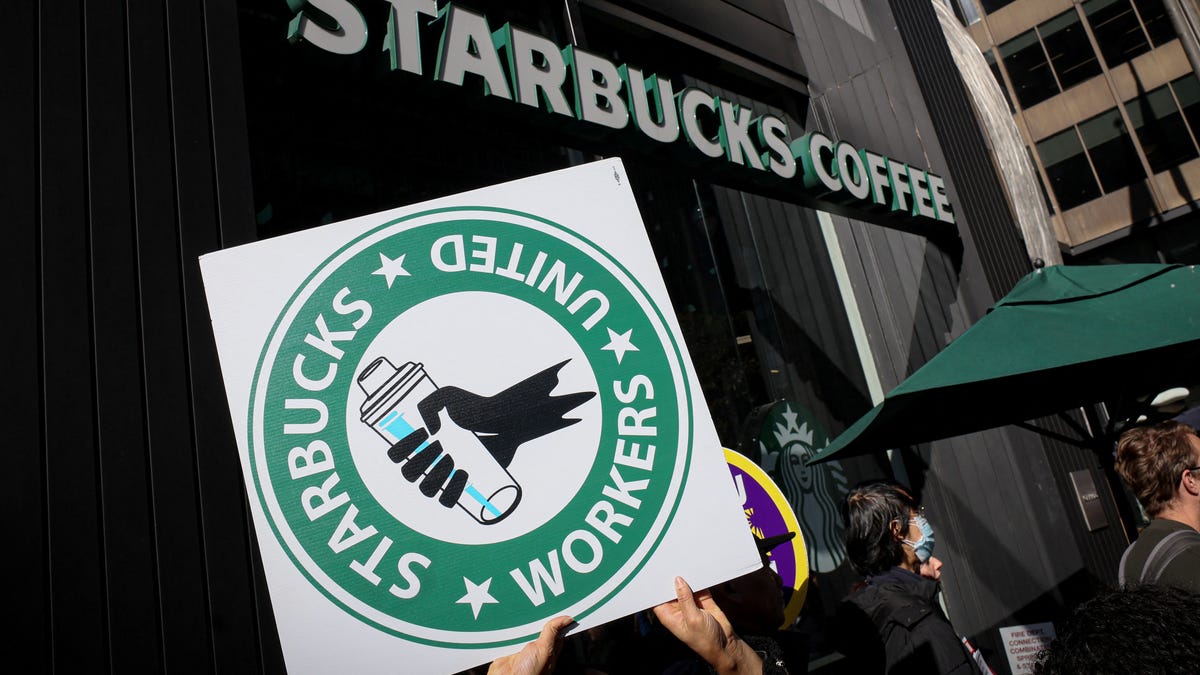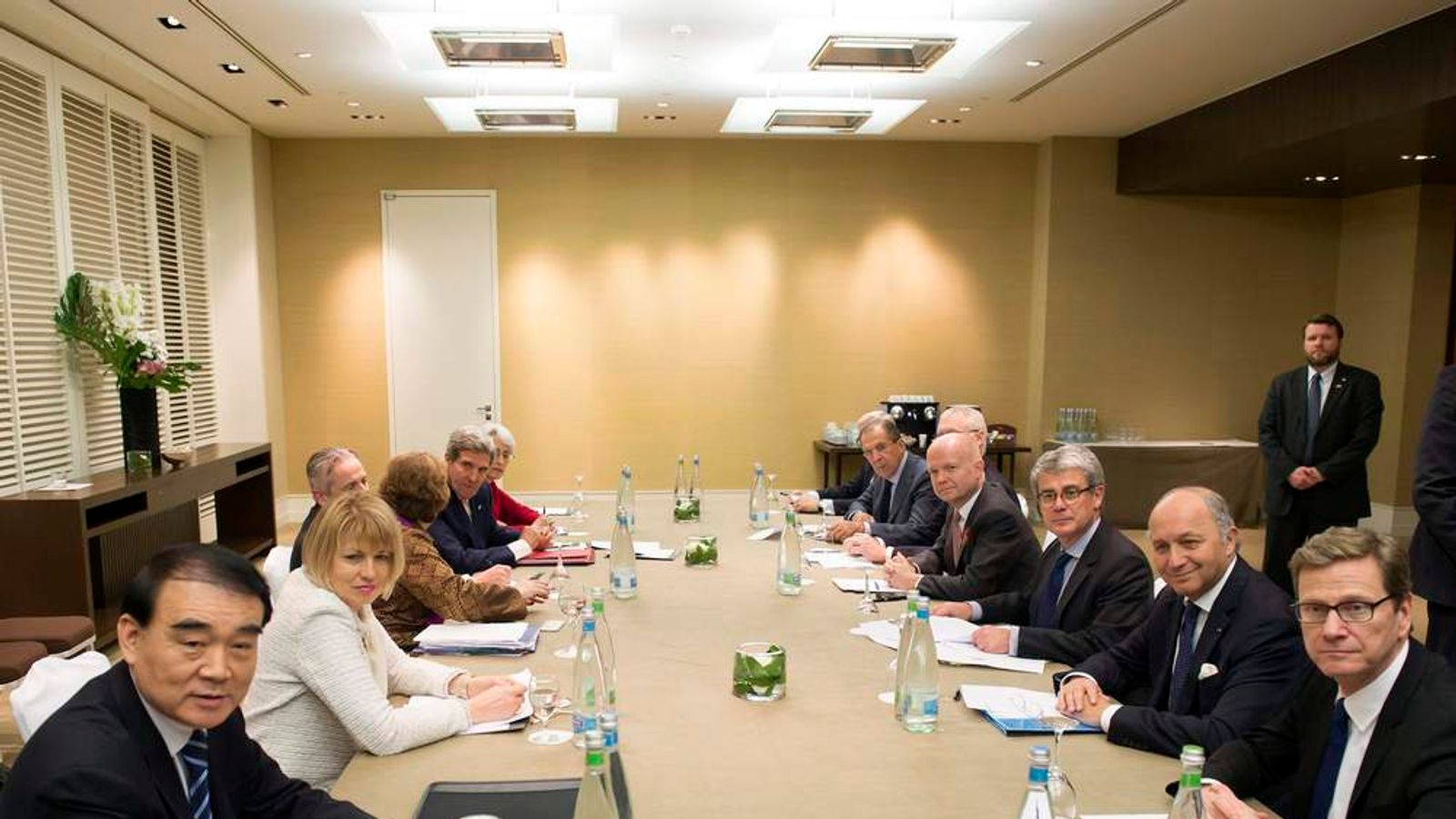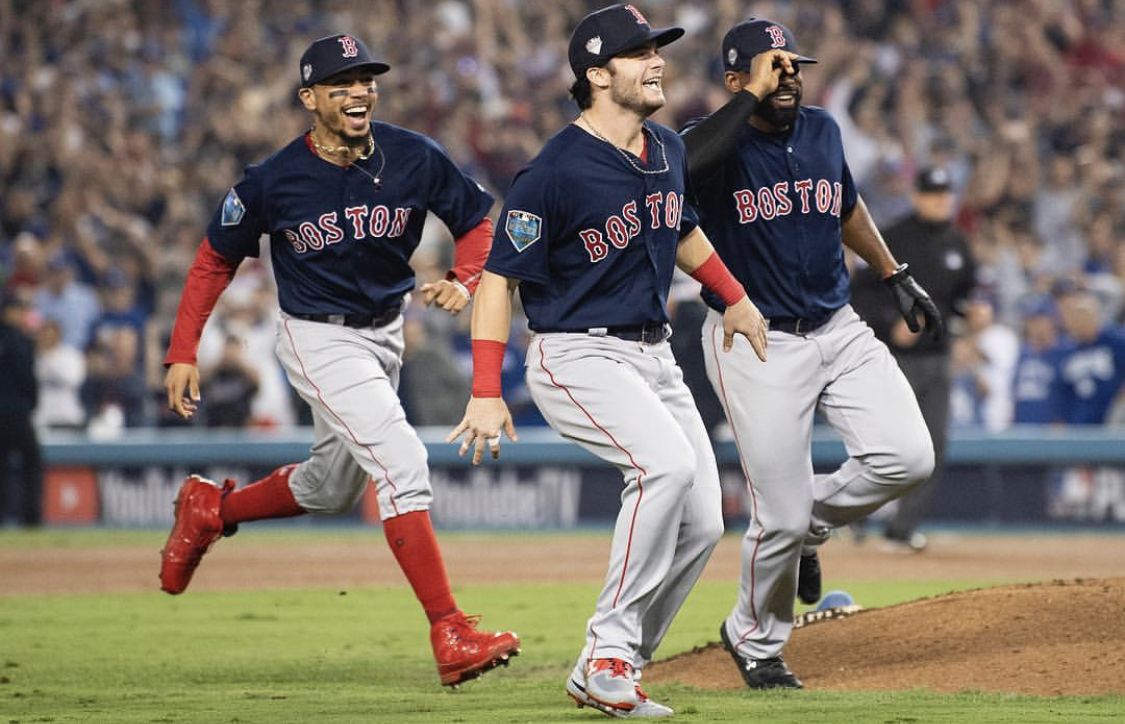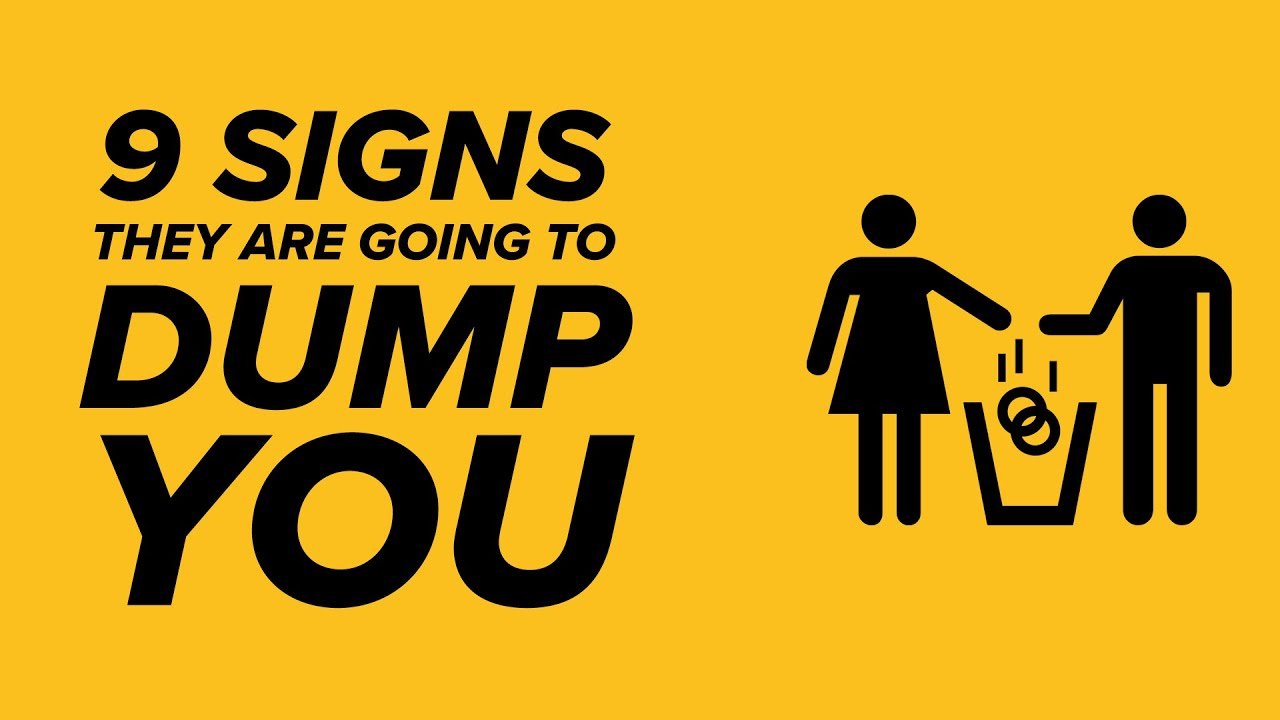Union Rejects Starbucks' Proposed Pay Raise Guarantee

Table of Contents
Details of Starbucks' Proposed Pay Raise
Starbucks' proposed pay raise offer aimed to increase wages for eligible employees, but the specifics reveal why it was deemed inadequate by the union. The offer, while lacking transparency in its initial presentation, was later understood to include a percentage increase varying across different regions and positions.
- Percentage Increase: The proposed increase ranged from 1% to 5%, depending on location and job role. This variability sparked controversy amongst workers, as it didn't reflect the consistent cost of living increases across different areas.
- Eligibility Criteria: Only unionized workers were included (a detail that is in dispute among Starbucks workers, causing further distrust of the company), further limiting the appeal of the offered raise. The criteria also excluded some long-term employees, causing further resentment amongst the workforce.
- Additional Benefits: The offer included no significant changes to the existing health insurance or paid time off benefits, a point highlighted by union representatives as a major failure on Starbucks’ part. This lack of improvement was seen as a dismissive attitude toward their needs.
- Limitations and Conditions: The proposed pay raise was contingent on various factors, including store performance metrics and individual productivity evaluations. This created concerns that it could be arbitrarily applied and leave many employees with little to no improvement to their current wages.
The proposed increase, when compared to similar offers in the restaurant and retail industries, and particularly considering the high cost of living in major urban areas where many Starbucks stores operate, appeared insufficient to meet the needs of its workers. The offer failed to address the growing gap between wages and the increasing costs of living.
Reasons for Union Rejection
The union's rejection of Starbucks' proposed pay raise stems from a confluence of factors highlighting a deep-seated dissatisfaction with the company's approach to labor relations. The union's demands far exceeded Starbucks’ offer in several crucial areas:
- Specific Wage Increases: The union sought a significant, across-the-board wage increase, arguing that the proposed increase was insufficient to match inflation and the rising cost of living.
- Improved Benefits: Beyond wages, the union demanded improved healthcare coverage, expanded paid time off, and enhanced retirement benefits.
- Better Working Conditions: The union also pressed for improved staffing levels, reduced workloads, and better protection against workplace harassment and discrimination, all of which directly affect worker satisfaction and job performance.
- Alleged Unfair Labor Practices: The union also alleged unfair labor practices by Starbucks throughout the negotiation process, including intimidation of union organizers and interference with workers’ rights.
The union representatives argued the proposed raise was a mere attempt to placate workers, rather than a genuine effort to address their concerns about wages, working conditions, and overall worker treatment. The rejection demonstrates a clear lack of trust in Starbucks' management, with workers seeing the offer as insulting and dismissive.
Impact of the Rejection on Starbucks and its Workers
The union's rejection of the proposed pay raise has far-reaching consequences for both Starbucks and its employees. The impact reaches beyond just labor relations and includes potential hits to:
- Starbucks' Public Image: The rejection is damaging to Starbucks' public image, particularly as the company prides itself on its ethical and socially conscious branding. This negative publicity could lead to consumer boycotts and damage its brand reputation.
- Employee Morale and Productivity: The rejection is likely to further decrease already low employee morale, leading to decreased productivity, higher turnover rates, and increased difficulty in hiring and retaining qualified employees.
- Financial Consequences for Starbucks: The ongoing labor dispute could result in increased labor costs in the long run, as Starbucks may need to increase wages substantially to avoid further disruptions and strikes. The impact of any strike action could prove catastrophic to daily operations and overall revenue.
- Consumer Reactions and Potential Boycotts: Public support for the unionized workers is growing, and the rejection may trigger further consumer boycotts and a shift in consumer perception towards the brand. This could ultimately impact sales and profits.
The long-term consequences could involve significantly higher labor costs, increased operational disruptions, and reputational damage if a solution is not found quickly.
Potential Future Actions
The rejection of Starbucks’ offer leaves several potential paths forward, each with its own implications:
- Strike Action: The most significant potential future action is a large-scale strike, which could severely disrupt Starbucks' operations and further damage its reputation.
- Further Negotiations: There's a possibility of further negotiations between the union and Starbucks, potentially involving concessions from both sides to reach a mutually acceptable agreement.
- Mediation and Arbitration: A neutral third party mediator or arbitrator may be involved to facilitate negotiations and help reach a compromise if direct negotiations fail.
The likelihood of each scenario depends on various factors, including the willingness of both parties to compromise and the level of public pressure placed upon Starbucks. However, the current tensions suggest a long and arduous road ahead before reaching a resolution.
Conclusion
The Starbucks union's decisive rejection of the company's proposed pay raise guarantee marks a significant escalation in the ongoing labor dispute. The inadequate offer, coupled with alleged unfair labor practices, has fueled worker dissatisfaction and raises serious concerns about fair wages and worker rights within the food service industry. The rejection carries substantial ramifications for Starbucks, impacting its public image, employee morale, and financial performance. Potential future actions, ranging from further negotiations to large-scale strikes, underscore the uncertain path ahead. The situation highlights the critical need for meaningful dialogue and a commitment to fair labor practices to ensure a sustainable and equitable workplace for Starbucks employees. Stay informed about the ongoing struggle for fair wages and better working conditions at Starbucks. Follow our updates on the Starbucks union and their fight for a better pay raise guarantee. Learn more about supporting worker rights and fair labor practices.

Featured Posts
-
 Perplexitys Ceo On The Ai Browser War Taking On Google
Apr 28, 2025
Perplexitys Ceo On The Ai Browser War Taking On Google
Apr 28, 2025 -
 Iran Nuclear Deal Latest Talks Conclude Without Breakthrough
Apr 28, 2025
Iran Nuclear Deal Latest Talks Conclude Without Breakthrough
Apr 28, 2025 -
 Espns Bold 2025 Red Sox Outfield Prediction A Realistic Look
Apr 28, 2025
Espns Bold 2025 Red Sox Outfield Prediction A Realistic Look
Apr 28, 2025 -
 Silent Divorce Are These Subtle Signs Showing Up In Your Marriage
Apr 28, 2025
Silent Divorce Are These Subtle Signs Showing Up In Your Marriage
Apr 28, 2025 -
 Kuxius World First Solid State Power Bank A Deep Dive Into Durability And Cost
Apr 28, 2025
Kuxius World First Solid State Power Bank A Deep Dive Into Durability And Cost
Apr 28, 2025
Latest Posts
-
 New York Yankees Aaron Judge Becomes A Father
Apr 28, 2025
New York Yankees Aaron Judge Becomes A Father
Apr 28, 2025 -
 Aaron Judge And Wife Welcome First Child
Apr 28, 2025
Aaron Judge And Wife Welcome First Child
Apr 28, 2025 -
 Espns Moving Tribute To Departing Anchor Cassidy Hubbarth
Apr 28, 2025
Espns Moving Tribute To Departing Anchor Cassidy Hubbarth
Apr 28, 2025 -
 Cassidy Hubbarths Final Espn Broadcast A Touching Tribute
Apr 28, 2025
Cassidy Hubbarths Final Espn Broadcast A Touching Tribute
Apr 28, 2025 -
 Emotional Goodbye Espn Bids Farewell To Cassidy Hubbarth
Apr 28, 2025
Emotional Goodbye Espn Bids Farewell To Cassidy Hubbarth
Apr 28, 2025
